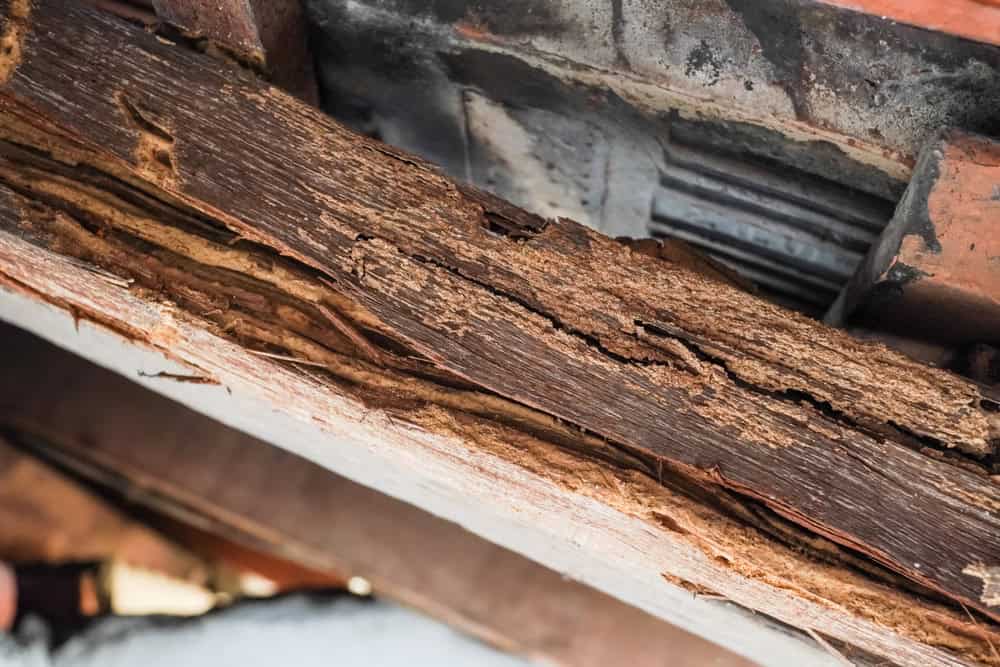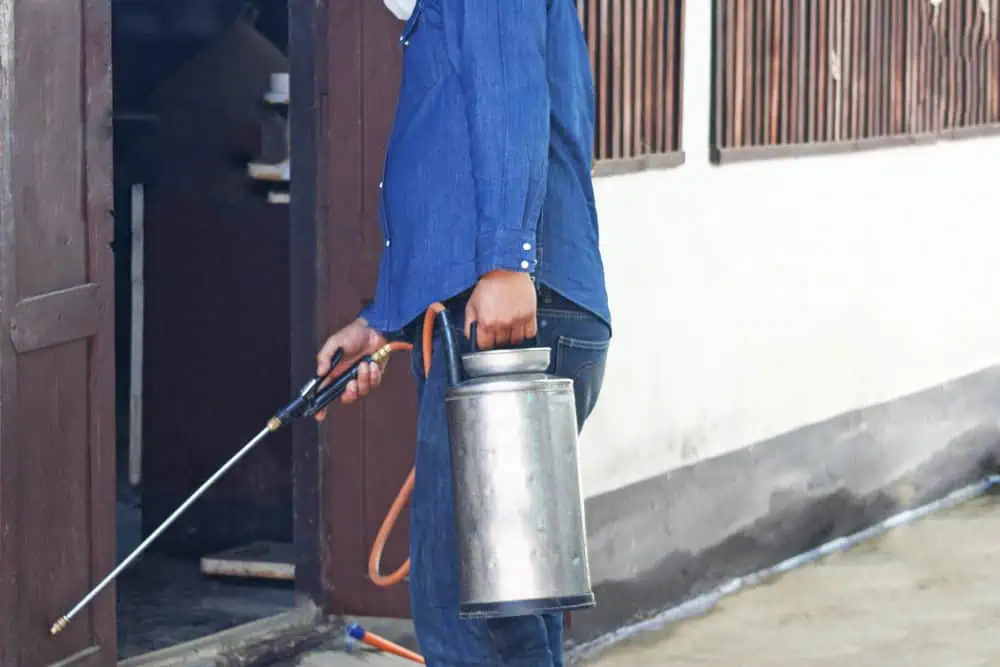Complete termite elimination and prevention that actually works, protecting your property investment from costly damage.

Hear from Our Customers

You’ll sleep better knowing your home is genuinely protected from termite damage. No more wondering if those small wood shavings mean trouble, or if that soft spot in your floor is getting worse.
Our termite treatment eliminates active colonies and creates a barrier that prevents new ones from establishing. You get the peace of mind that comes from knowing your largest investment is secure.
Most importantly, you avoid the nightmare scenario every homeowner fears – discovering extensive structural damage that could have been prevented with proper treatment. Your home stays strong, your equity stays protected, and you can focus on living instead of worrying about what’s happening inside your walls.
86 Pest and Wildlife Removal has been protecting Glendora homes from termite damage for years. We understand how Eastern subterranean termites behave in New Jersey’s climate and which areas of your property are most vulnerable.
We’re not the company that shows up with a one-size-fits-all approach or tries to scare you into expensive treatments you don’t need. We assess your specific situation, explain what we find, and recommend treatment based on what’s actually happening at your property.
You’re dealing with locals who’ve seen every type of termite problem Glendora homes face, from minor preventive situations to serious infestations requiring immediate action.

First, we inspect your entire property to identify termite activity, damage, and conditions that attract them. This includes checking your foundation, crawl spaces, wooden structures, and moisture areas where termites typically establish colonies.
Next, we create a treatment plan specific to your situation. For active infestations, we use proven elimination methods that target the colony at its source. For prevention, we establish protective barriers around your property’s vulnerable points.
After treatment, we monitor the results and provide follow-up inspections to ensure the termites are gone and staying gone. You’ll know exactly what to watch for and when to call us if you notice any concerning signs in the future.

Ready to get started?
You get a comprehensive property inspection that identifies not just current termite activity, but conditions that could lead to future problems. We check areas most homeowners never think to examine, including foundation cracks, moisture sources, and wood-to-soil contact points.
Our treatment addresses the entire colony, not just the termites you can see. We use methods proven effective against New Jersey’s most common termite species, with options that work around your family’s schedule and safety concerns.
You also receive clear documentation of what we found, what we treated, and what you should monitor going forward. This protects your property value and gives you a record of professional termite management if you ever sell your home.
